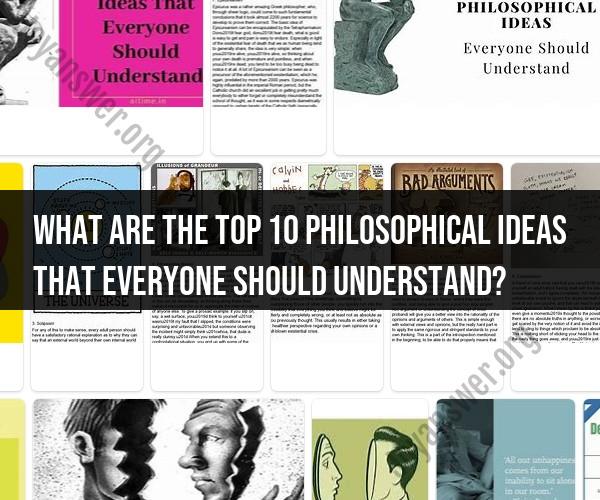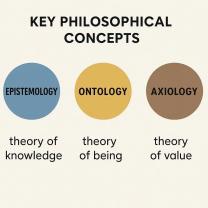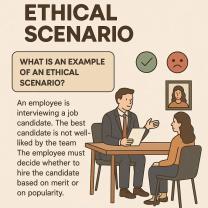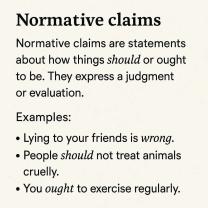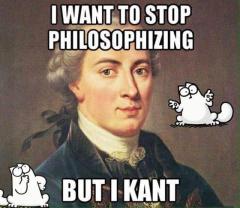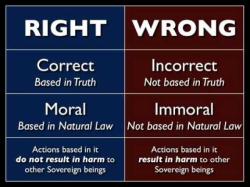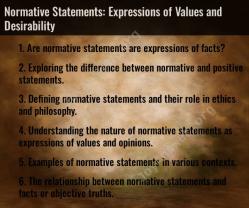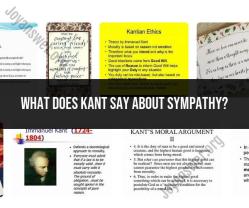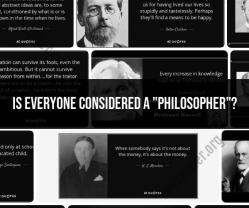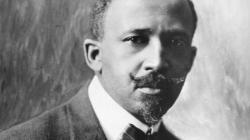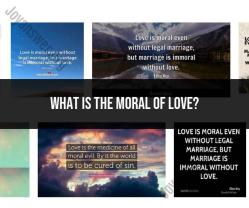What are the top 10 philosophical ideas that everyone should understand?
Exploring Essential Philosophical Concepts: Top 10 Ideas
Philosophy delves into fundamental questions about existence, knowledge, ethics, and reality. Here are the top 10 philosophical ideas that provide a foundation for understanding the complexities of human thought:
1. Epistemology:
Epistemology examines the nature of knowledge, how we acquire it, and the limits of human understanding. It explores questions about belief, justification, skepticism, and the distinction between opinion and true knowledge.
2. Metaphysics:
Metaphysics explores the nature of reality and existence. It examines concepts such as the nature of being, the relationship between mind and matter, and the nature of time, space, and causality.
3. Ethics:
Ethics addresses questions about morality, values, and how we ought to behave. It explores different ethical theories, such as consequentialism, deontology, and virtue ethics, guiding individuals in making ethical decisions.
4. Logic and Reasoning:
Logic is the study of valid reasoning and argumentation. It provides tools to evaluate the soundness of arguments and make rational deductions, enhancing critical thinking skills and decision-making.
5. Free Will and Determinism:
The debate between free will and determinism examines whether human actions are determined by external factors or if individuals have the capacity to make choices independent of external influences.
6. Aesthetics:
Aesthetics explores questions about beauty, art, and the nature of aesthetic experiences. It delves into the role of art in human life, the criteria for judging art, and the relationship between aesthetics and emotions.
7. Political Philosophy:
Political philosophy delves into questions about the nature of government, justice, rights, and the best forms of governance. It explores different social contracts and theories of political legitimacy.
8. Mind-Body Problem:
This problem concerns the relationship between the mind and the body. It explores whether the mind and consciousness are separate from the physical body or if they are products of brain activity.
9. Existentialism:
Existentialism focuses on individual existence, freedom, and the search for meaning in an often indifferent universe. It explores concepts like anxiety, authenticity, and the responsibility of creating one's own values.
10. Morality and Cultural Relativism:
Examining cultural relativism challenges us to consider whether moral values are absolute or culturally dependent. It raises questions about the universality of ethics and the impact of cultural differences.
These essential philosophical ideas provide a framework for contemplating life's most profound questions. Engaging with these concepts encourages critical thinking, self-reflection, and a deeper understanding of the complexities of human existence.
